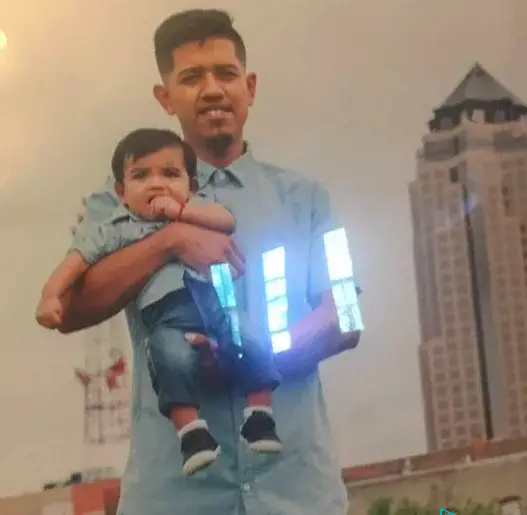
An Iowa high school student was due to graduate in May, but after being arrested and convicted on two misdemeanor charges, his DACA status was revoked and he was detained by ICE. Knowing that he was likely to be deported, Manuel Antonio Cano-Pacheco chose to return to Mexico and was escorted across the border by ICE. Three weeks later he was dead.
According to the Des Moines Register, Cano-Pacheco, 19, was only 3-years-old when he left Mexico. When he returned, he was thrust into a country he barely knew that was engulfed in cartel violence. He was killed in the city of Zacatecas while out getting food with a friend of his cousin’s.
“He was in the wrong place at the wrong time,” his high school friend, Juan Verduzco, 20, told the Des Moines Register. Verduzco added that the acquaintance of Cano-Pacheo’s cousin was apparently known to the killers.
From the Des Moines Register:
It wasn’t just that Manuel had lost his role model in the father he always looked up to, but that he now felt responsible for being the man of the family. That meant helping to support the family, which meant transferring from East to Scavo, which he could work into his schedule while being employed installing floors. In the midst of all that upheaval, Manuel’s girlfriend had his baby, now a year-old boy.
Both Verduzco and Manuel’s mother said Manuel was passionate for car mechanics and was attending a course on that at Des Moines’ Central Campus. “He told me he had a scholarship to a college in Chicago for mechanics,” Verduzco said. Instead, a Go Fund Me account recently helped pay for his funeral in Mexico.

The reason Cano-Pacheco chose to self-deport was likely due to the fact that voluntary deportation doesn’t carry the same penalties as forced deportation. The option allowed him the possibility of returning to the U.S. with a visa.
Verduzco says that Cano-Pacheco had been suffering from depression and began drinking after his father was sent to prison 7 years ago. White awaiting his hearing after his arrest, he was reportedly convicted of driving under the influence.
Regardless of the circumstances of his return, Cano-Pacheco’s death is a reminder of the conditions many immigrants face when returning to Mexico and Central America. The city he was killed in has seen a sharp increase in homicides as rival cartels battle for power.
The northwestern Mexican state of Zacatecas, where Manuel’s family came from, has reportedly become a deadly place, especially for youth. Last August, the bodies of 14 people were discovered buried in a mass grave there. The growing number of drug-war deaths make Mexico one of the most dangerous countries in the world, according to the International Institute for Strategic Studies. Between January and May of 2017, the Mexican Attorney General’s Office reported 12,238 homicides.
What’s more, according to The Dallas Morning News, deportees are especially targeted by gangs in certain border areas. They are held by their captors unless their relatives in the U.S. pay thousands of dollars for their release. Between January and June 2017, the U.S. deported more than 31,000 Mexicans through two of the most dangerous crossing points, according to Mexico’s immigration service.
Cano-Pacheco’s death is a reminder that immigrants who come to the U.S. are not just solely looking for job opportunities. They are refugees from a brutal and unending drug war.




